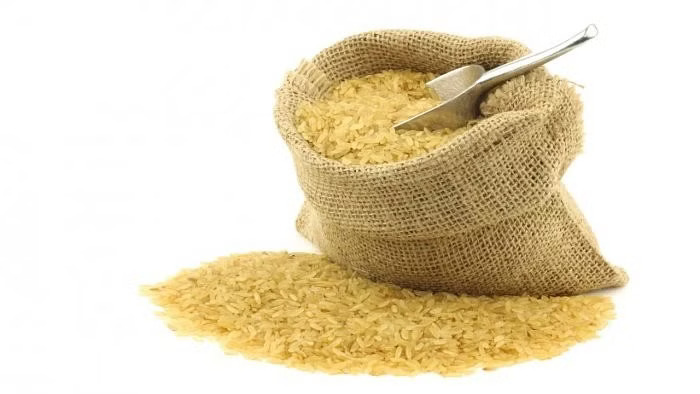The Philippines has announced that it is currently engaged in discussions with both Vietnam and India to facilitate rice imports, as the nation seeks to ensure a stable supply of the staple food. The negotiations come against the backdrop of global efforts to manage food security challenges and ensure an adequate food supply for populations around the world.
The Philippines, a major rice-consuming country, has been focusing on strategies to maintain a consistent rice supply to meet the needs of its population. The government’s talks with rice-exporting nations like Vietnam and India are aimed at bolstering its reserves and averting potential shortages.
According to the Philippines’ Department of Agriculture, the negotiations are at an advanced stage, with efforts focused on reaching mutually beneficial agreements. The country aims to secure a sufficient volume of rice to supplement its domestic production and strategic reserves.
Rice, being a dietary staple for a significant portion of the population, holds critical importance for food security and stability. Ensuring a consistent supply is crucial to prevent market fluctuations and maintain affordability for consumers.
As the world grapples with various challenges to food supply, including climate change and logistical disruptions, nations are increasingly looking to strengthen international trade partnerships to ensure their food security. Collaborative efforts to enhance food supply chains are seen as vital in the face of evolving global dynamics.
The negotiations between the Philippines and rice-exporting countries underscore the significance of international cooperation in addressing food security concerns. It also highlights the pivotal role of countries like Vietnam and India, which are major players in global rice exports.
As the discussions progress, the outcomes of these negotiations will be closely observed by industry stakeholders, consumers, and global food security advocates. The ability to strike favorable agreements and maintain stable rice supplies can have far-reaching impacts on both the Philippines’ domestic economy and the broader global food security landscape.










